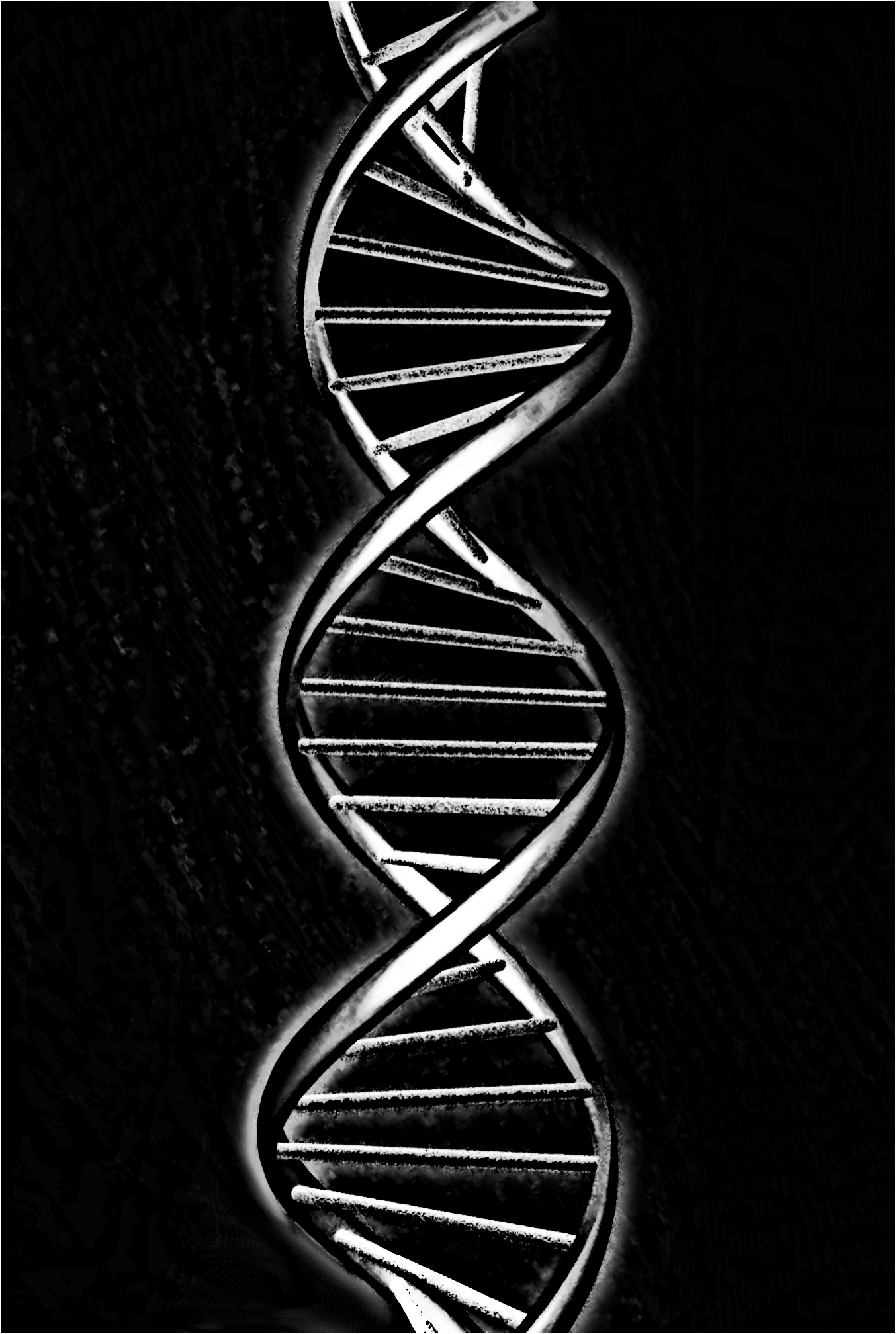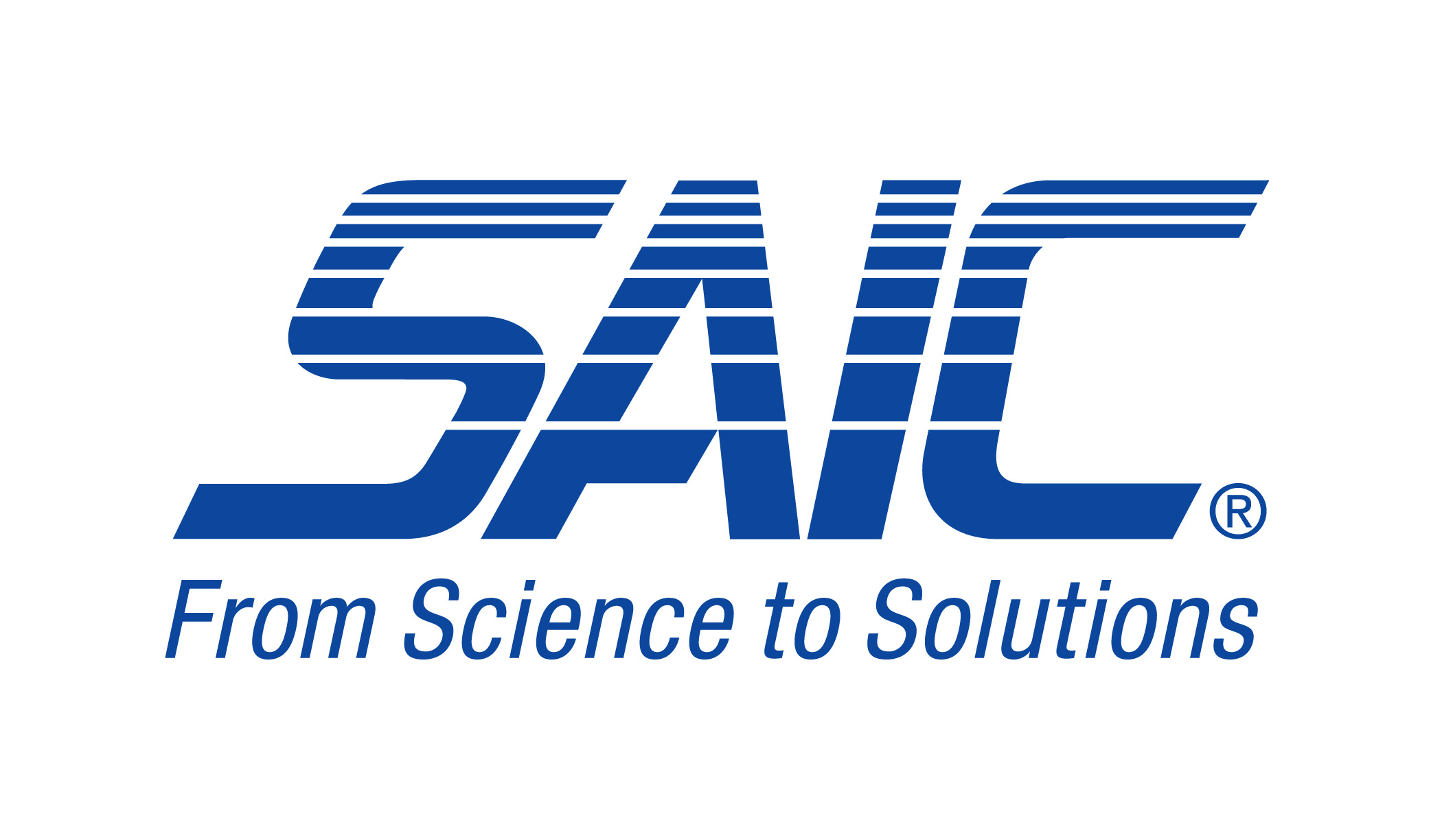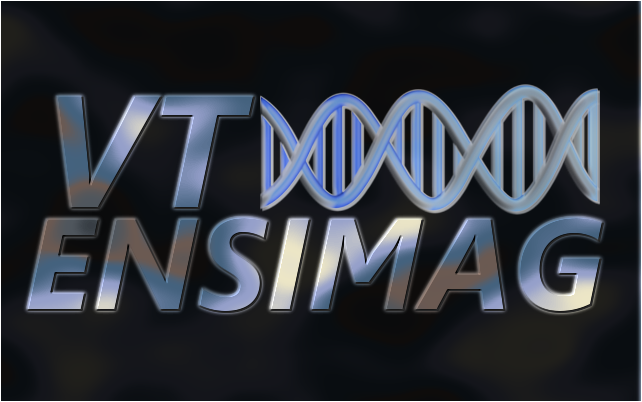Team:VT-ENSIMAG/Methods
From 2010.igem.org
| (4 intermediate revisions not shown) | |||
| Line 4: | Line 4: | ||
=Sofware implementation= | =Sofware implementation= | ||
| - | + | [[Team:VT-ENSIMAG/Genothreat|GenoTHREAT]] | |
=Database= | =Database= | ||
=Test= | =Test= | ||
| Line 10: | Line 10: | ||
| - | <table border="7" width=" | + | <table border="7" width="869" align="center" style="background-color:#85C7E6" cellpadding="5"> |
<tr> | <tr> | ||
| - | <td rowspan="2" style="border-style: solid; border-width: 1px 1px 1px 1px" align="center" width=" | + | <td rowspan="2" style="border-style: solid; border-width: 1px 1px 1px 1px" align="center" width="120"> |
''' Database''' | ''' Database''' | ||
<td style="border-style: solid; border-width: 1px 1px 1px 1px"> | <td style="border-style: solid; border-width: 1px 1px 1px 1px"> | ||
| - | ''' | + | '''Select Agent And Toxins and non-Select Agents and Toxins''' |
<br> | <br> | ||
Both Select Agent and Toxins and non-Select Agent and Toxins were added to the DB for test sequences. [[Team:VT-ENSIMAG/Table1|Click here]] to find out more about Select Agent and Toxins. | Both Select Agent and Toxins and non-Select Agent and Toxins were added to the DB for test sequences. [[Team:VT-ENSIMAG/Table1|Click here]] to find out more about Select Agent and Toxins. | ||
| - | <td | + | <td style="border-style: solid; border-width: 1px 1px 1px 1px" width="90" align="center"> |
| - | [[Team:VT-ENSIMAG/ | + | [[Team:VT-ENSIMAG/ResultS|Results]] |
<tr> | <tr> | ||
<td style="border-style: solid; border-width: 1px 1px 1px 1px"> | <td style="border-style: solid; border-width: 1px 1px 1px 1px"> | ||
| Line 26: | Line 26: | ||
<br> | <br> | ||
Housekeeping genes were added to the database for both Select and non-Select Agents and Toxins to determine whether the screening software can effectively screen them. [[Team:VT-ENSIMAG/Table2|Click here]] to find out more about housekeeping genes. | Housekeeping genes were added to the database for both Select and non-Select Agents and Toxins to determine whether the screening software can effectively screen them. [[Team:VT-ENSIMAG/Table2|Click here]] to find out more about housekeeping genes. | ||
| + | <td style="border-style: solid; border-width: 1px 1px 1px 1px" width="90" align="center"> | ||
| + | [[Team:VT-ENSIMAG/ResultH|Results]] | ||
<tr> | <tr> | ||
| Line 35: | Line 37: | ||
An intervening sequence is an SAT sequence hidden within a larger, benign sequence. These modified sequences were constructed to determine whether the program can find hidden sequences. [[Team:VT-ENSIMAG/Table3|Click here]] to learn more about how these sequences were made. | An intervening sequence is an SAT sequence hidden within a larger, benign sequence. These modified sequences were constructed to determine whether the program can find hidden sequences. [[Team:VT-ENSIMAG/Table3|Click here]] to learn more about how these sequences were made. | ||
| - | <td style="border-style: solid; border-width: 1px 1px 1px 1px | + | <td style="border-style: solid; border-width: 1px 1px 1px 1px" align="center"> |
| - | [[Team:VT-ENSIMAG/ | + | [[Team:VT-ENSIMAG/ResultI|Results]] |
<tr> | <tr> | ||
| Line 43: | Line 45: | ||
<br> | <br> | ||
A random mutation sequence contains a defined number of mutations to resemble single nucleotide polymorphisms (SNPs). They were designed to test how effectively the software screens when sequence alignment parameters are varied. [[Team:VT-ENSIMAG/Table4|Click here]] to learn more about how these sequences were made. | A random mutation sequence contains a defined number of mutations to resemble single nucleotide polymorphisms (SNPs). They were designed to test how effectively the software screens when sequence alignment parameters are varied. [[Team:VT-ENSIMAG/Table4|Click here]] to learn more about how these sequences were made. | ||
| + | <td style="border-style: solid; border-width: 1px 1px 1px 1px" width="90" align="center"> | ||
| + | [[Team:VT-ENSIMAG/ResultR|Results]] | ||
<tr> | <tr> | ||
| Line 49: | Line 53: | ||
<br> | <br> | ||
Degenerate, or synonymous, sequences have different nucleotide sequences but encode the same protein. These sequences were screened to determine whether it is really necessary to align both the nucleotide and translated amino acids. [[Team:VT-ENSIMAG/Table5|Click here]] to learn more about how these sequences were made. | Degenerate, or synonymous, sequences have different nucleotide sequences but encode the same protein. These sequences were screened to determine whether it is really necessary to align both the nucleotide and translated amino acids. [[Team:VT-ENSIMAG/Table5|Click here]] to learn more about how these sequences were made. | ||
| + | <td style="border-style: solid; border-width: 1px 1px 1px 1px" width="90" align="center"> | ||
| + | [[Team:VT-ENSIMAG/ResultD|Results]] | ||
<tr> | <tr> | ||
| Line 57: | Line 63: | ||
<br> | <br> | ||
The keyword list is used to determine if the “Best Match” is to an SAT or not. This test is designed to show how the keyword lists affects the outcome of our program. [[Team:VT-ENSIMAG/Table6|Click here]] to see more about how the keyword list and test. | The keyword list is used to determine if the “Best Match” is to an SAT or not. This test is designed to show how the keyword lists affects the outcome of our program. [[Team:VT-ENSIMAG/Table6|Click here]] to see more about how the keyword list and test. | ||
| - | <td style="border-style: solid; border-width: 1px 1px 1px 1px | + | <td style="border-style: solid; border-width: 1px 1px 1px 1px" align="center"> |
| - | [[Team:VT-ENSIMAG/ | + | [[Team:VT-ENSIMAG/ResultK|Results]] |
<tr> | <tr> | ||
<td style="border-style: solid; border-width: 1px 1px 1px 1px"> | <td style="border-style: solid; border-width: 1px 1px 1px 1px"> | ||
| Line 64: | Line 70: | ||
<br> | <br> | ||
BLAST has parameters that affect the resulting sequence alignments. This test is used to identify the affects of various BLAST parameter combinations. [[Team:VT-ENSIMAG/Table7|Click here]] to learn about the various BLAST parameters and how they may affect sequence screening. | BLAST has parameters that affect the resulting sequence alignments. This test is used to identify the affects of various BLAST parameter combinations. [[Team:VT-ENSIMAG/Table7|Click here]] to learn about the various BLAST parameters and how they may affect sequence screening. | ||
| + | <td style="border-style: solid; border-width: 1px 1px 1px 1px" width="90" align="center"> | ||
| + | [[Team:VT-ENSIMAG/ResultB|Results]] | ||
| + | |||
<tr> | <tr> | ||
<td style="border-style: solid; border-width: 1px 1px 1px 1px"> | <td style="border-style: solid; border-width: 1px 1px 1px 1px"> | ||
| Line 69: | Line 78: | ||
<br> | <br> | ||
Sequence length has the potential to affect our programs speed. This test tests the impact of sequence length on the programs speed. [[Team:VT-ENSIMAG/Table8|Click here]] to learn more about how the test was performed. | Sequence length has the potential to affect our programs speed. This test tests the impact of sequence length on the programs speed. [[Team:VT-ENSIMAG/Table8|Click here]] to learn more about how the test was performed. | ||
| + | <td style="border-style: solid; border-width: 1px 1px 1px 1px" width="90" align="center"> | ||
| + | [[Team:VT-ENSIMAG/ResultSL|Results]] | ||
| + | |||
</table> | </table> | ||
| - | + | <br> | |
| + | <br> | ||
| + | [[Team:VT-ENSIMAG/Introduction|Go back to project presentation page]] | ||
}} | }} | ||
Latest revision as of 20:55, 9 August 2010
Methods
|
BLASTThe federal guideline suggest explicitly to use the software Blast for sequence alignement (See more). Sofware implementationDatabaseTest
|
 "
"




